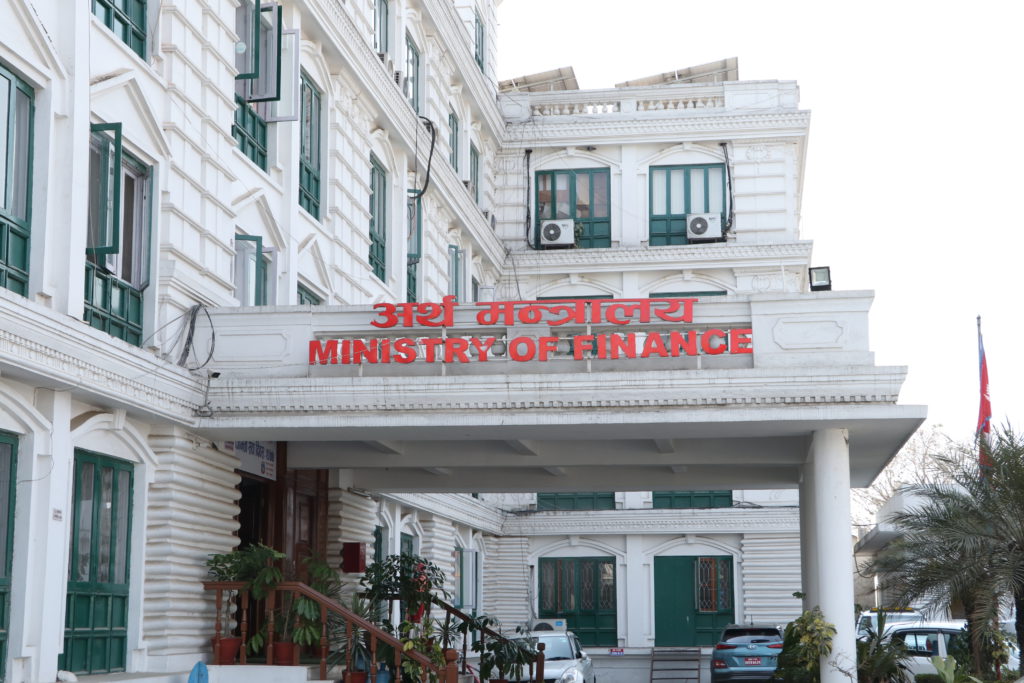KATHMANDU: The government has issued comprehensive guidelines to all relevant ministries, provinces, and local levels for the implementation of the budget for the current fiscal year 2024-25. The Ministry of Finance issued the directives on Tuesday, emphasizing frugality in budget spending and enhancing the effectiveness and efficiency of expenditures.
The guidelines cover various aspects, including budget expenditure authority, program approval and budget allocation, program/plan transfer and implementation, budget expenditure, fund transfers, program amendments and reports, financial transparency, accountability, and monitoring arrangements.
According to the guidelines, if any entity has received funds from multiple sources, the head of such an entity must, by the end of Ashwin, allocate the total amount along with the required outcomes and achievements to the spending entities and inform the Ministry of Finance and the concerned fund and accounts controller’s office.
Additionally, procedures must be prepared by the end of Shrawan for the implementation of plans and programs that have received budget allocations for the current fiscal year. “Procedures necessary for the implementation of the programs included in the approved annual program and allocated funds must be completed by the end of Shrawan 2081,” the budget implementation guidelines state.
The guidelines stipulate that such procedures must be published on the website within seven days of approval, and mandatory approval from the Ministry of Finance must be obtained when creating procedures that create additional or long-term liabilities. Furthermore, national priority projects are instructed to work in two shifts.
“To ensure effective implementation of the project and its completion within the stipulated time, project heads should be selected based on internal competition, and except in cases of failing to achieve the minimum score in the performance agreement, should not be transferred during the project period. Arrangements should be made to work in two shifts for national priority projects,” the guidelines state.
The guidelines also direct that programs and projects not included in the approved program and allocated budget for the current fiscal year should not proceed with the implementation process. The Ministry of Finance has also facilitated the payment of obligations created in the previous fiscal year through the budget implementation guidelines.
This move will ease the process for construction entrepreneurs to receive pending payments from the government, according to Finance Secretary Madhu Kumar Marasini. Point number 50 of the budget implementation guidelines mentions that obligations created in various projects and programs in the previous fiscal year can be paid by completing the due process in the current fiscal year.
“Obligations created in road and bridge construction, irrigation structures, drinking water projects, sanitation-related structures, and other public constructions, which were legally expended according to the prevailing laws and approved standards in the fiscal year 2080/81, can be paid from the allocated budget of any quarter of the concerned project or program upon verification of the amount certified by filling out a form from the fund and accounts controller’s office,” the budget implementation guidelines state.

